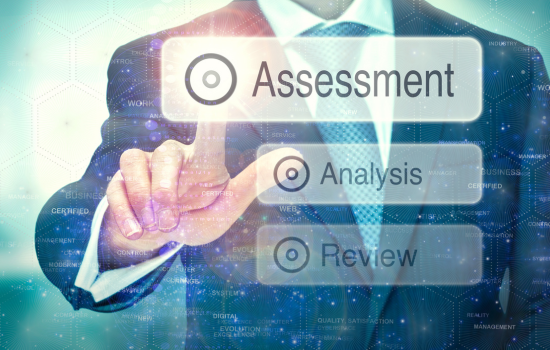- Services
- Business Solutions
- Who We Are
- Insights
- Contact Us
Keys to Getting the Most Value Out of Your A&D Due Diligence Team

How can companies maximize value from title due diligence in oil and gas transactions?
Effective title due diligence starts with planning for post-acquisition integration, organizing complete records, prioritizing high-value assets, understanding risk tolerance, and focusing on contractual recourse in the Purchase & Sale Agreement. This approach ensures time and resources yield actionable insights and protect your investment.
Negotiating and executing oil and gas transactions are never simple endeavors. Transactions require careful analysis and decision-making on a range of issues to ensure you are making a deal that satisfies your objectives.
It is not always feasible to gather internal resources to support the oil and gas acquisition or divestiture process, particularly around title due diligence. Most deal terms provide for a relatively short due diligence period, thereby requiring a dedicated group of experts to examine the assets ahead of closing. Hiring an external party to get the job done will most likely be a necessity. When that occurs, it is important to know what you don’t know.
Here are some keys to getting the most value out of your title due diligence team:
Plan for post-diligence before you start
As in many projects, starting with the end in mind can be a valuable exercise. In this case, asking what the first 90 days are going to look like after your acquisition is helpful. Thinking through what decisions you will be faced with, as well as what information will be needed are important items to consider. If you are going to move land data from one database to another, make sure you have an accurate set of data to work with in the intervening time. In addition, construct a plan for integrating the due diligence findings into your new or existing system so that you aren’t working with old and inaccurate information after closing. One of the most common mistakes companies make post-acquisition is that they don’t integrate the valuable findings of the diligence process back into the system used for managing the asset.
Examine the Purchase & Sale Agreement (PSA)
Consider the right questions that need to be asked and answered up front.
- What are the allowable defects and permitted encumbrances set forth in the PSA (Purchase and Sale Agreement) / AAA (Asset Acquisition Agreement)?
- Are there defect value thresholds that must be met?
Given the restricted timeframes associated with most acquisition due diligence, you need to focus on evaluating the aspects of the asset on which you have contractual recourse. Other items are not necessarily less important, but can be investigated and confirmed after closing. For example, in order to prepare for operations or upgrade the quality of your data, it is common to conduct a post-close records inventory, perform additional curative, and confirm the title on the assets that do not qualify as a defect under the PSA.
Ensure records are complete and available before due diligence starts
Before assembling the right team of experts and approving the billing clock to begin ticking, it is important to compile the necessary records and organize them for efficiency. If the due diligence team has to re-organize files or work with piecemealed records, time will be lost performing administrative functions instead of valuable diligence. Land records are notoriously cumbersome because they consist of unstructured data and documents that are organized differently in each organization. Mitigate misused time by handling the administrative functions of record compilation before the due diligence period begins. It will allow your due diligence experts to perform at a high level.

Prioritize your assets
Once again, knowing what questions to consider is critical in getting value from your due diligence efforts.
- Is your acreage tiered?
- Which sections will be developed first?
- What are (or may become) the highest value properties?
Knowing the angle that is most relevant to your business objectives can help you decide which properties to prioritize and dig deeper on. One of the fundamental ways we generate value for clients is helping them strategize the best approach to extract the most value in the least amount of time by considering all of the resources and constraints facing the title diligence process. Most firms do not go through this process often enough and risk expending their efforts less optimally.
Consider your risk tolerance
Here is a list of questions you should consider when assessing the level of risk you are comfortable with relative to a particular transaction:
- What is the acceptable title standard per the acquisition agreement?
- Are you seeking to establish defensible title to your properties or do you need a higher standard, often referred to as marketable title?
- How strong are your contractual remedies for title defects?
Understanding your risk tolerance is an important driver in creating a diligence process that makes sense for your circumstance and evaluates the title appropriately for your deal.
Considering these five keys before hiring experts and building a due diligence team will go a long way toward making sure the money you spend during that process yields valuable results in both the short and long term. For help navigating these issues and more, contact our team for help before you embark on your next deal.
Subscribe to Our Blog
We will send you an email whenever a new blog posting has been published.

